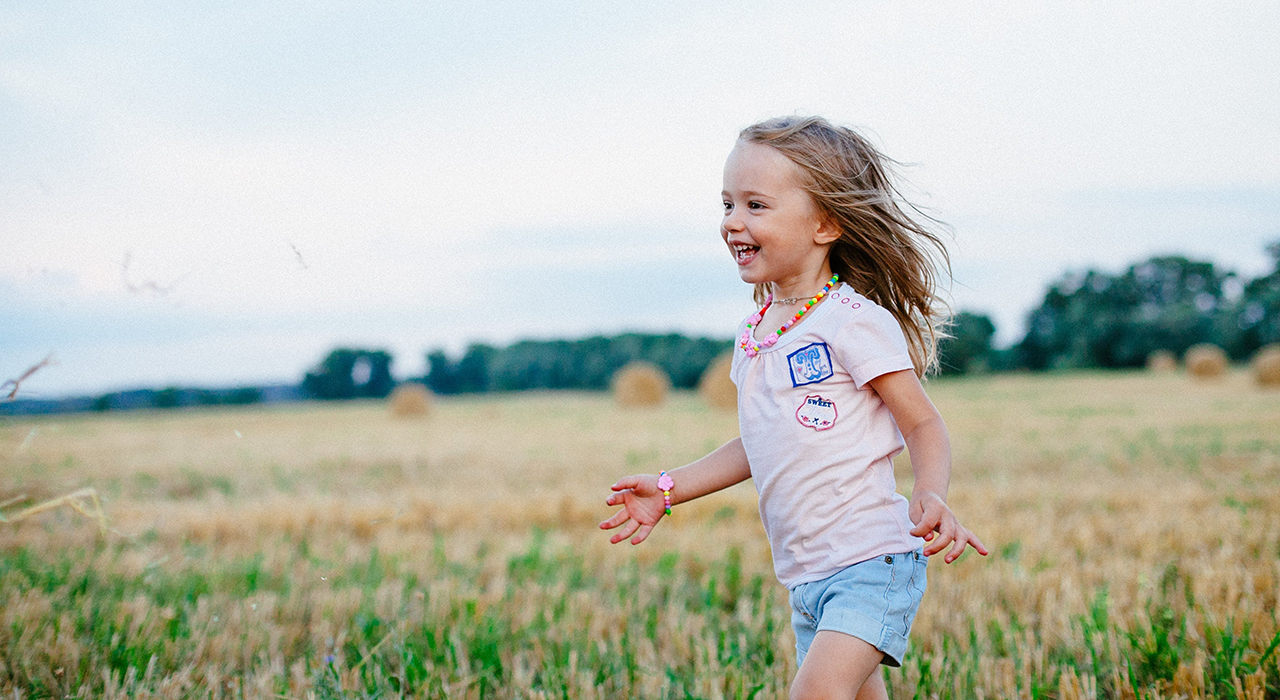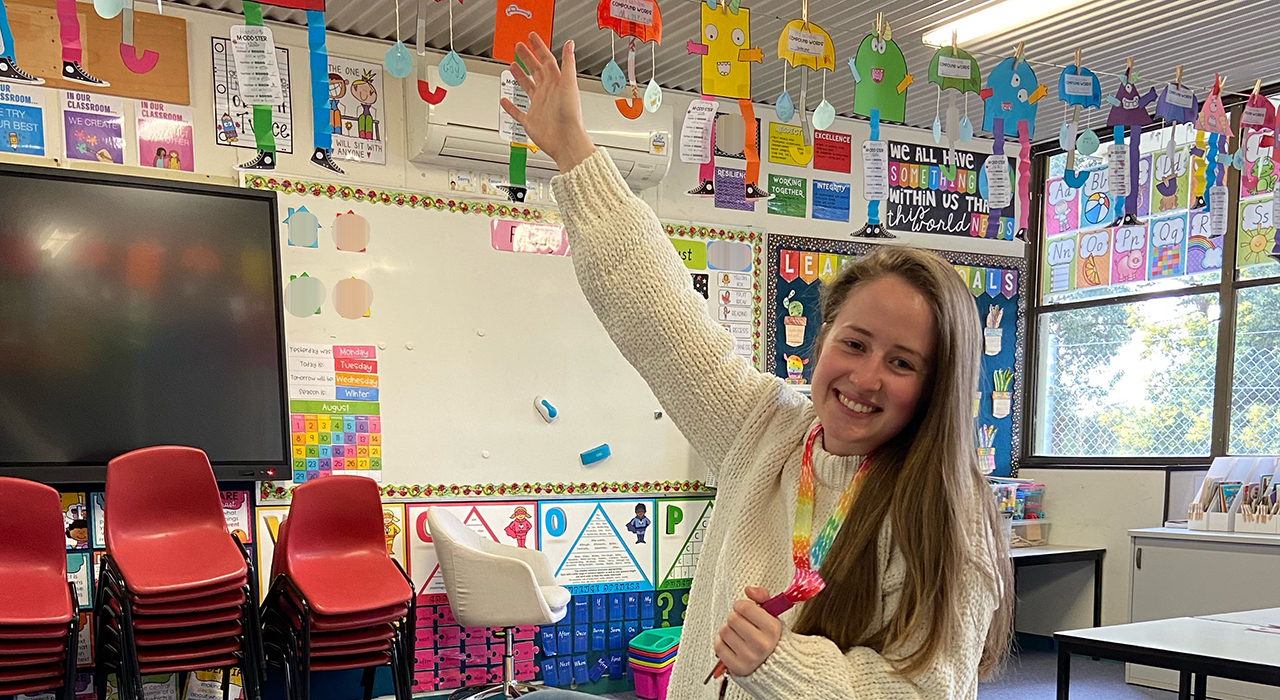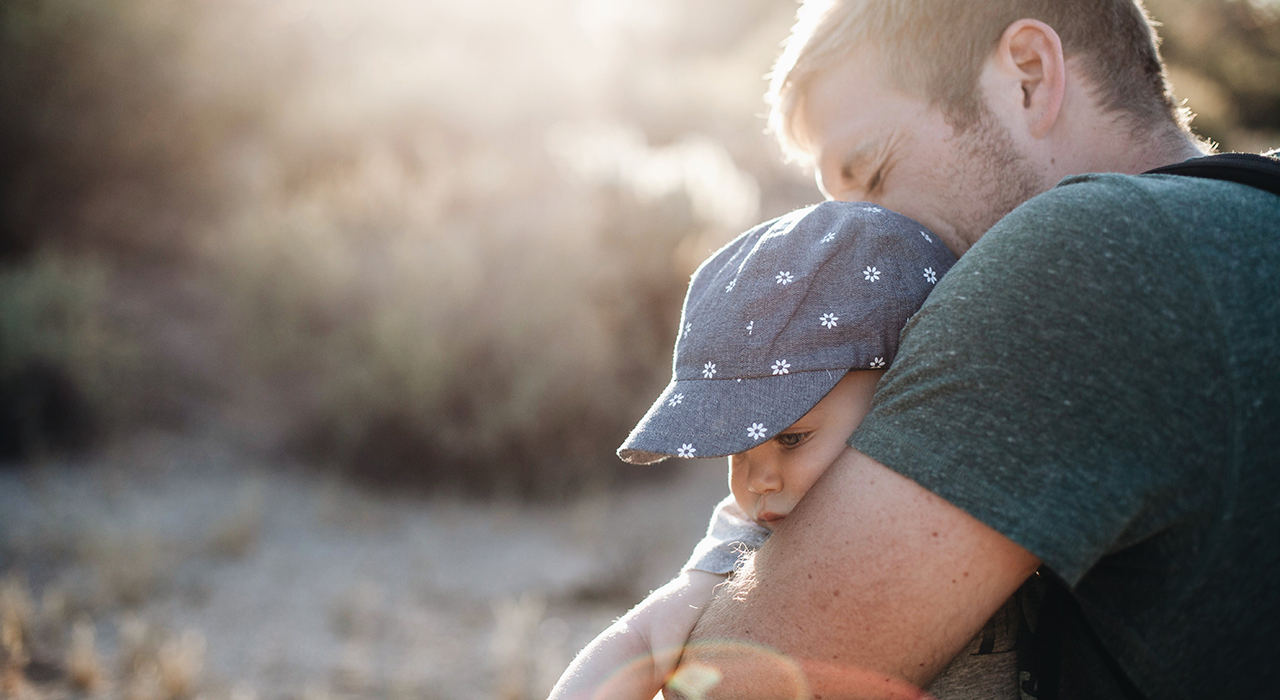Dr. Preeya Alexander is a mum of two and a GP. She’s passionate about doing what she can to help children thrive—both physically and mentally.
As a GP I see lots of children and their families; it’s not uncommon for me to prescribe practical strategies to implement at home in an attempt to look after everyone’s mental wellbeing.
Don’t forget that the things that can be great for your child’s brain and mood is often great for yours too; when I prescribe lifestyle interventions or meditation activities for a child, I often suggest the whole family partakes so that:
a) The child isn’t doing it alone,
b) It’s more likely to become routine if everyone is doing it, and
c) Everyone yields the benefits!
I often prescribe measures like physical activity for mental wellbeing; below are some of the other strategies I suggest, and I suspect some of them may come as a surprise. Some things (like practising gratitude) can be incredibly simple yet powerful.
There are lots of things we can do to nurture the mental fitness and wellbeing of the children in our lives. Here are my top 4 tips.
1. Understand the mind / body connection
- Eat the rainbow! What we eat can impact our mood; this is true for both adults and children.
- Studies have shown that teenagers who consume a diet high in salt and processed foods have a higher risk of depression.
- Trying to bump up everyone’s fruit and veg intake can yield mental health benefits (and physical ones too like reduced risk of bowel cancer, heart disease and fatty liver).
2. Encourage flexible thinking
- No one is happy all the time. Flexible thinking can help your child deal with bumps in the road that inevitably tend to happen in life. It’s about building resilience and ensuring kids are able to adapt with change.
- One of my favourite ways to foster flexible thinking at home is through practising gratitude. This is so that, even in the deep dark moments, finding even the smallest of things to be grateful for can provide some light.
- Emotional management—the ability to identify feelings, the triggers and how to deal with certain feelings when they arise is another important part of flexible thinking. We work on this heavily at home, particularly with our 3-year-old (we read about feelings and listen to songs). This ensures that when an emotion like anger, for instance, crops up we can try and modulate the feelings and act appropriately (ideally without screaming).
3. Introduce some regular mindfulness/meditation
- Mindfulness and meditation are things lots of children and adults can benefit from. In our home, we tend to do it together; if our 7-year-old is turning on a meditation to wind down, manage stress or bring her brain to the present we often join her.
- Meditation and mindfulness can really help when it comes to the mood and for kids developing the skill early can be powerful. If meditation isn't something that works for your child, informal mindfulness activities are a great way to achieve the same benefits.
- Smiling Mind has loads of practical resources in this space including meditation and mindfulness activities on the app and worksheets on the Smiling Generation Hub (there are mindful colouring activities, identifying feelings activities and more).
4. Help your child build strong relationships
- Empathy, kindness, and compassion are all critical emotional skills that develop through strong and meaningful relationships
- Having a meaningful connection with others (that might be caregivers, friends, peers) is an important part of mental fitness
- Helping children build strong connections with those around them is a practical way you can help with their sense of belonging and self esteem
There are lots of practical strategies you can use at home to help your child’s mental wellbeing (and your own); hopefully some of these work for you!













.jpg)



